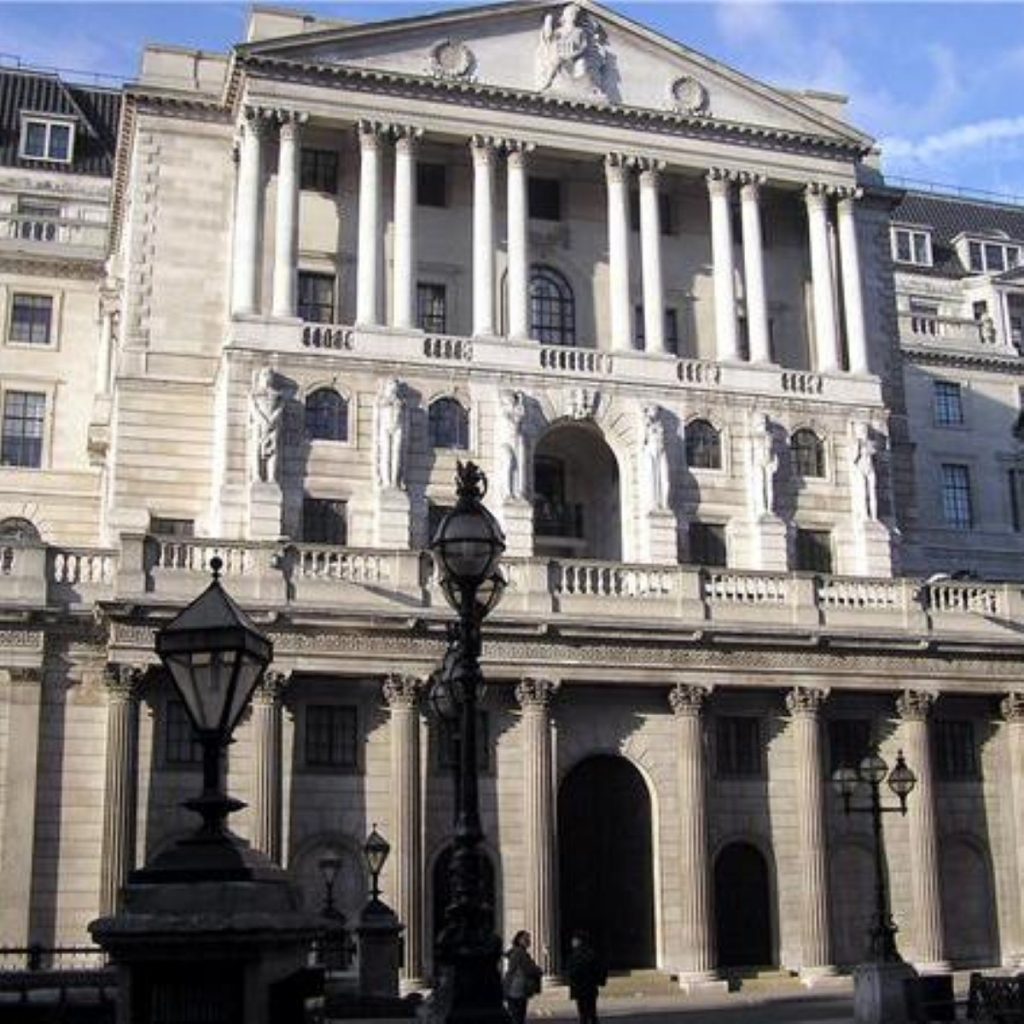Darling OKs emergency help to Northern Rock
Chancellor Alistair Darling today authorised help to the mortgage lender Northern Rock from the Bank of England.
Northern Rock came forward for help as tightening of inter-bank lending meant it was short of funds.
“The problem here is there is a lot of money in the system but they are reluctant to lend it to each other at the moment,” Mr Darling told BBC Radio 4’s Today programme.
“In order to create a stable banking system, the bank steps in and it makes facilities available to the Northern Rock.”


Northern Rock chief executive Adam Applegarth said: “We are seeing extreme conditions in global liquidity, which have impacted on world markets.
“As a result, we have taken prudent action to rein back our lending until markets normalise.”
A statement from the Treasury, Bank of England and Financial Services Authority made it clear that Northern Rock was solvent.
Michael Coogan, director-general of the Council of Mortgage lenders, said: “Consumers need to understand that the problem for lenders generally at the moment is in raising funds, not in lending quality.
“The Bank of England would not have provided the loan to Northern Rock if it had concerns about the quality of the lender’s own business.”
However, he warned: “All lenders are facing funding pressure at the moment, and what they need is a return to more normal market conditions as quickly as possible.”
John McFall MP, chairman of the Treasury Select Committee, expressed his concerns about visibility in the financial markets, as the fall-out over the US sub-prime crisis continues to hit the UK.
“The simple question I ask is with whom does the risk lie? No one can tell us where the risk lies. ” he told on BBC Radio 4’s The World Tonight
“Who’d have thought that as a member of Abbey or Halifax, their interest rates and mortgages would be going up as a result of the sub-prime market in the USA?”
He explained that part of the problem was that debts and risk have been sold off in different directions in ‘collateral debt obligations’.
“People do not [know] where the risk is until the boomerang effect. That is what we have found over the past few weeks on that,” Mr McFall added.












